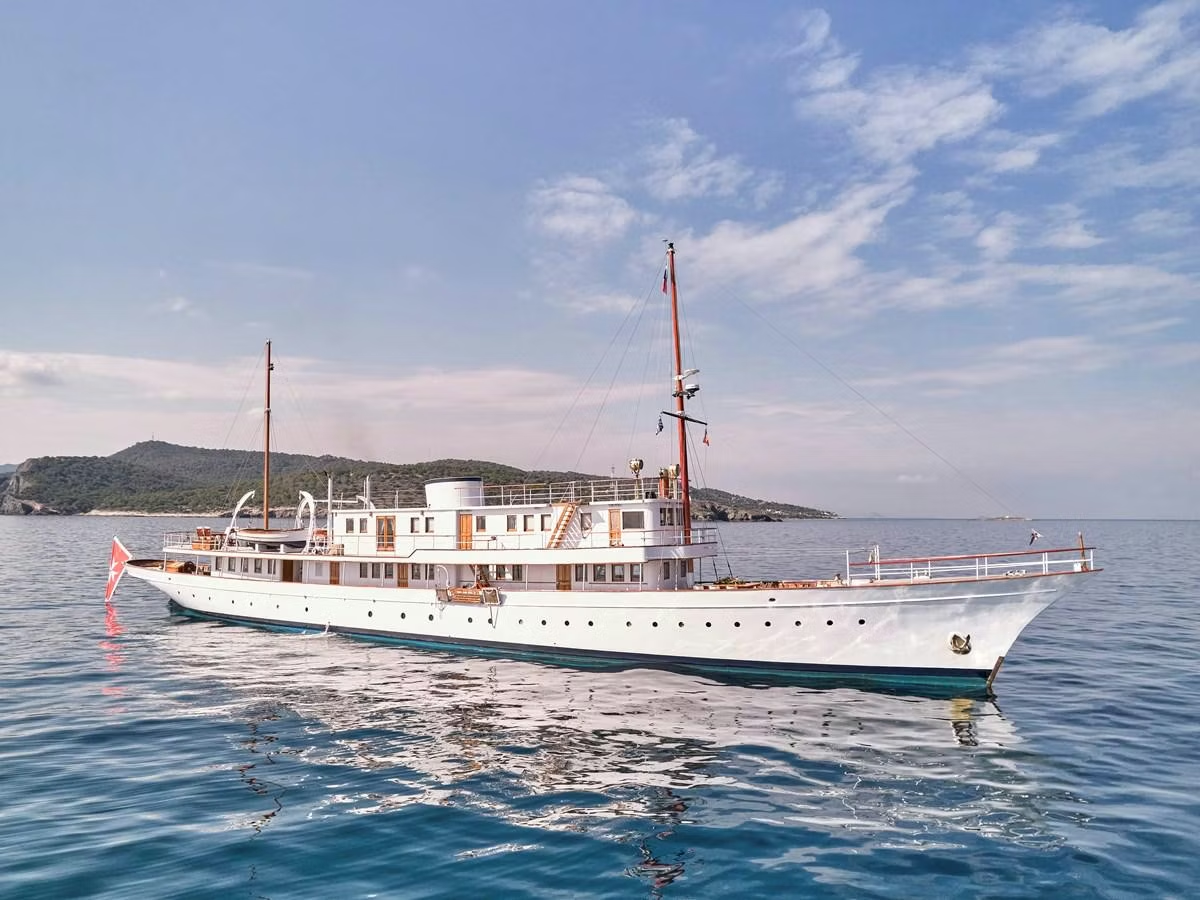The Bacino Case, officially known as État du Grand-Duché de Luxembourg v. Pierre Feltgen, Bacino Charter Company SA (C-116/10) is one of the most influential judgments in recent maritime VAT history. Delivered by the European Court of Justice (ECJ) on 22 December 2010, it decisively reshaped how VAT exemptions apply to yacht chartering. At the heart of the case was a key question: Should VAT be charged when a private individual charters a commercially operated yacht for leisure purposes, even if the voyage takes place on the high seas? The ECJ’s answer was an unequivocal yes.
This landmark ruling clarified a critical aspect of EU VAT law, which is that VAT must be charged when the end-use of the charter is for private leisure, regardless of the owner’s commercial status or where the yacht operates. The focus was shifted from the nature of the operator to the purpose of the lessee which is a turning point in how VAT exemptions are interpreted.
Interpreting Article 15(5) of the Sixth VAT Directive (77/388/EEC)
The case hinged on the interpretation of Article 15(5) of the Sixth VAT Directive, which provides exemptions for certain supplies related to seagoing vessels such as fuel, maintenance, repairs, and chartering. However, these exemptions only apply to vessels used on the high seas for commercial purposes, including:
Passenger transport for reward
Commercial operations
Industrial activities
Fishing operations
Bacino Charter Company SA regularly chartered a crewed yacht to private individuals for leisure cruises on the high seas and relied on this exemption to avoid charging VAT. However, the Luxembourg tax authorities disagreed, issuing VAT assessments for the relevant years between 1998 and 1999. This dispute ultimately led to a request for a preliminary ruling from the ECJ.
The Result of the ECJ’s Judgment : Leisure Use Triggers VAT Liability
The ECJ ruled that VAT exemptions under Article 15(5) apply only when the lessee uses the yacht for qualifying commercial purposes. VAT is always due when a private individual charters a yacht for leisure even if the owner operates the yacht commercially, the vessel qualifies as a sea-going ship, the charter is crewed, or the navigation occurs on the high seas. The ruling further clarified that this principle extends to related services such as fuel supplies, refits, and repairs. If these services are commissioned by a private user for leisure purposes, VAT must be paid. However, when requested by a commercial operator using the vessel for a qualifying purpose such as fishing, transport, or industrial activities the exemption still applies.
Why the Bacino Case Still Matters
The Bacino ruling serves as a critical reminder that VAT compliance in yachting is purpose-driven. It serves as a clear warning to charter companies and owners, that accurate classification of yacht use is essential. Misapplying VAT exemptions based on the owner’s commercial status rather than the lessee’s actual use can lead to serious financial and legal consequences. Ultimately, Bacino didn't create new law, it clarified the spirit and scope of existing VAT exemptions with lasting impact.
Practical Impact for Brokers and Operators
For yacht brokers, managers, and charter companies, Bacino reinforces the importance of due diligence to clarify the client’s purpose at the point of charter, to apply VAT correctly when the yacht is used for leisure even if commercially registered and to advise clients that vessel features do not override VAT obligations for private use.
Do reach out to UNICO Yachting, should you wish to discuss and / or clarify any VAT yachting related matter – our Team will be able to support and guide with expert advice.







































